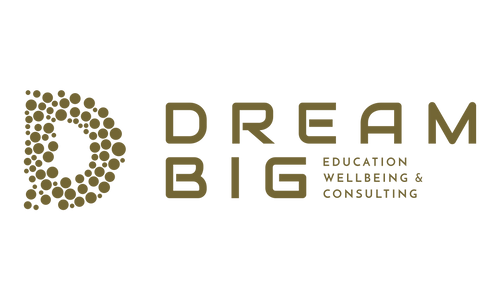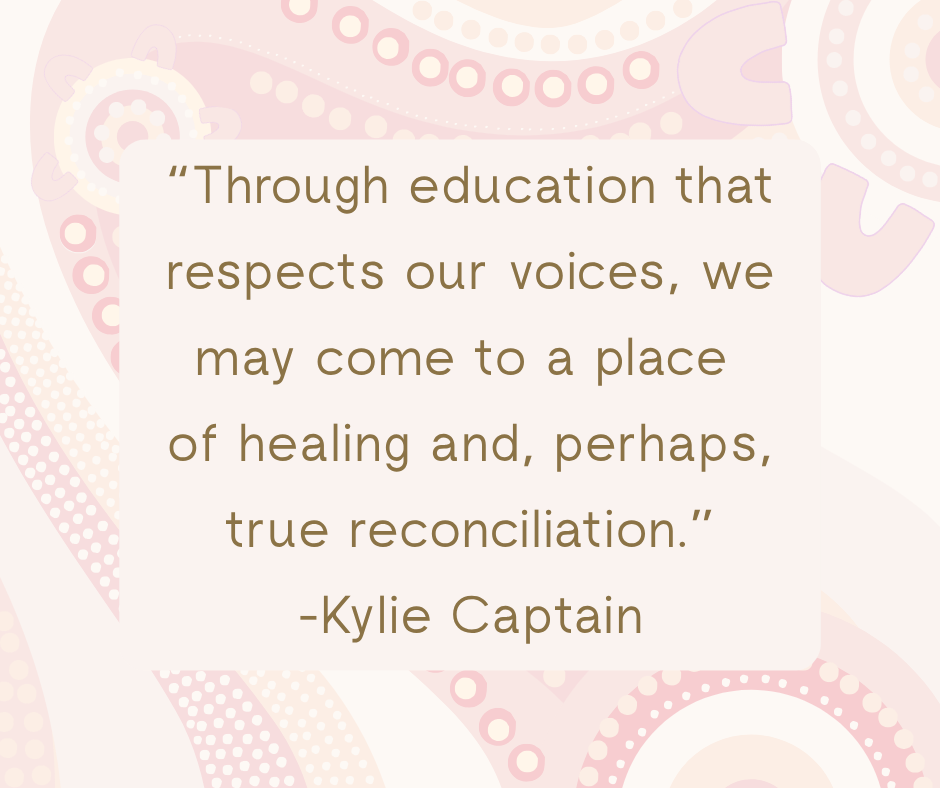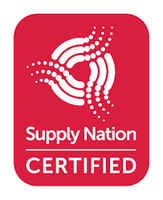Growing up, I had a deep sense of pride about my Aboriginality and surrounded by community and deep knowing that I belonged to something bigger than myself. My identity as a proud Gamilaroi woman was nurtured through connection to Country, family, and story. That pride still grounds me today. But as I reflect on my journey, I am also struck by a deep sadness for those who were stripped of this basic human right. Culture and belonging isn’t just a part of who we are - it shapes our identity, our sense of purpose, and the way we navigate the world.
What is Reconciliation?
Reconciliation, at its heart, is about strengthening relationships between Aboriginal and Torres Strait Islander peoples and non-Aboriginal Australians. It means acknowledging the truth of our shared history, learning from it, and working together to create a future that values and respects our cultures and knowledges. As Reconciliation Australia puts it, “Reconciliation is an ongoing journey that reminds us that while we all have a role to play in building just, equitable and reconciled communities, our nation’s past cannot be undone - but we can work together to build a better future.”
Why Does Reconciliation Matter?
The need for reconciliation is clear when we listen to the stories, examine the statistics, and open our hearts with empathy and compassion. Aboriginal and Torres Strait Islander peoples continue to face significant disparities in health, education, employment, and justice. For example, life expectancy for Aboriginal and Torres Strait Islander peoples remains about 8–9 years lower than other Australians. We are overrepresented in the child protection and justice systems. Racism- both overt and systemic - continues to impact lives, every single day.
These statistics are not just numbers. They are lived experiences. They reflect the ongoing impacts of colonisation, forced removals, loss of land, language, and cultural practices. They reflect a legacy of policies that caused immense harm and continue to do so. And they also reflect something else: the need to move beyond symbolic gestures towards real, meaningful action.
Intergenerational Trauma and Intergenerational Strength
When we talk about reconciliation, we must also speak truthfully about intergenerational trauma. The pain caused by past injustices doesn’t just disappear. It ripples through generations. At times, a vicious cycle of sadness, shame, and disconnection is unknowingly passed on to children and grandchildren. Alongside trauma, there’s often a loss of hope, a belief that success, opportunity, or education is not achievable due to all of the barriers in society.
I’ve seen and felt this personally. I know what it’s like to question your worth. To not feel good enough. To believe that you don’t belong in certain rooms or conversations. For years, I didn’t celebrate my achievements because I feared judgement. But I’ve learned that our stories, our strength, and our voices are needed - now more than ever.
And just as trauma can be passed down, so can the resilience, knowledge, and wisdom of our ancestors. The strength of our ancestors is in us, too. And it’s that strength we draw on when we stand up and speak out - not just for ourselves, but for future generations.
The Power of Representation and Aspiration
If we don’t see what we aspire to be in our own families or communities, it’s easy to think those dreams aren’t for us. That’s why role models matter. That’s why representation matters. We need to see Aboriginal doctors, educators, artists, lawyers, leaders, and entrepreneurs thriving in all areas of life. Our young people are bursting with potential, and they deserve to grow up knowing they can be anything they set their minds to.
Reconciliation includes creating environments where Aboriginal and Torres Strait Islander peoples can dream, and achieve, free from the burden of proving our worth.
What Can We Do?
Reconciliation must extend beyond Reconciliation Week - it’s a commitment we make every day. It’s a process of truth-telling, listening, and learning. It’s about shifting from awareness to action.
Here are just a few ways we can all play a part:
-
Learn the true history of this country - Engage with books, documentaries, and resources by Aboriginal and Torres Strait Islander voices.
-
Support Aboriginal and Torres Strait Islander businesses, authors, artists, and initiatives.
-
Acknowledge Country with meaning, not just as a formality.
-
Embed Aboriginal and Torres Strait Islander content across education, workplaces, and community settings.
-
Call out racism and stand up for justice, even when it’s uncomfortable.
Most importantly, approach this journey with empathy and humility. Be open to change and always walk with compassion as we strive for equity.
Final Thoughts
Reconciliation is more than policies or statements. It’s about connection - with each other, with truth, with history, and with hope. It’s about building a nation where every child can grow up proud of who they are and where they come from.
We must all walk together to make change - one step, one conversation, one act of courage at a time. Because the future we’re dreaming of is one where truth, healing, and justice lead the way.
Note – Important Further Reading
Bringing Them Home – Australian Human Rights Commission
A powerful resource sharing the history and impact of the Stolen Generations, including the full Bringing Them Home report, survivor stories, and recommendations for healing and justice.
https://bth.humanrights.gov.au/



